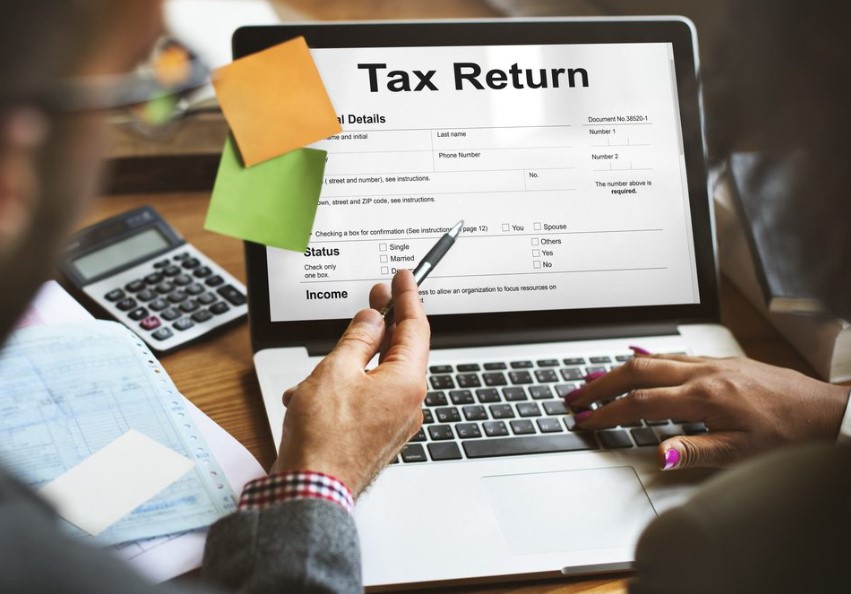Revised ITR Filing Deadline – Last Chance to Claim 87A Tax Rebate by January 15, 2025
Revised ITR Filing Deadline – Last Chance to Claim 87A Tax Rebate by January 15, 2025
The deadline to file a revised Income Tax Return (ITR) for the financial year 2023-24 (Assessment Year 2024-25) is set for January 15, 2025. This extended deadline was issued following an interim order by the Bombay High Court, which sought to ensure that all eligible taxpayers could claim the Section 87A tax rebate, without facing any procedural difficulties. The Section 87A rebate offers a tax reduction to qualifying individuals under both the old and new tax regimes, potentially lowering their tax liability to zero.
This extension is in response to the procedural issues some taxpayers faced in claiming this rebate, particularly for special income types such as short-term capital gains (STCG). However, despite this extension, the final judgment on the matter has been postponed multiple times, with the latest date for the ruling being January 16, 2025. This leaves many taxpayers in a dilemma: should they file their revised ITR before the January 15 deadline, despite the case still pending in court?
The Importance of Filing Revised ITR on January 15, 2025
Experts suggest that eligible taxpayers should file their revised ITR on or before January 15, 2025, to claim the Section 87A tax rebate. Bimal Jain, a chartered accountant and founder of A2Z Taxcorp LLP, advises taxpayers to proceed with the revised filing to ensure they do not miss out on the statutory benefit. According to Jain, taxpayers should not forgo the rebate simply due to technical issues with the tax software. The law has not been amended, and as such, taxpayers still have the right to claim the rebate under Section 87A, as it stands.
Jain points out that the worst-case scenario is that the Bombay High Court might issue an adverse ruling, leading the tax department to send a demand notice for any unpaid taxes. However, if the judgment comes out in favor of the taxpayers, those who filed a revised ITR will be able to claim the benefit of the Section 87A rebate. On the other hand, taxpayers who decide not to file the revised return will lose out on the opportunity to claim the rebate, irrespective of the court’s decision.
Filing the Revised Return Before the Deadline (ITR)
Tax experts like Prabhakar K S, Founder & CEO of Shree Tax Chambers, suggest that taxpayers should take action today, January 15, 2025, and file their revised or belated returns by the end of the day, rather than waiting for the final judgment from the Bombay High Court. While the court’s decision could lead to further extensions, taxpayers are advised not to delay their filings, as the deadline is fast approaching.
Chartered Accountant Hardik Kakadia emphasizes that individuals who had previously claimed the 87A rebate but found their ITR processed with a tax demand should file a revised return to claim the rebate. Additionally, taxpayers who had accepted the Income Tax Department’s stance on the non-availability of the rebate and did not initially claim it should also consider filing a revised return.
Court’s Perspective on Taxpayers’ Rights
The Bombay High Court’s interim order reinforces the need for fairness in the tax system. The court has underscored the importance of ensuring that procedural issues do not deprive taxpayers of statutory benefits such as the 87A rebate. The order clarifies that tax authorities should facilitate taxpayers in complying with the law and not create barriers through technicalities. The court stressed that ensuring transparency, equity, and fairness in the tax administration is crucial to maintaining public trust in the system.
Taxpayers who are eligible for the Section 87A tax rebate should take advantage of the current deadline and file their revised ITR by January 15, 2025. Doing so will ensure that they do not miss out on the benefits of this statutory tax rebate, regardless of the ongoing legal proceedings. Even though the final judgment is still pending, experts believe the chances of an adverse ruling are minimal, and filing now could prove to be the best course of action to safeguard taxpayers’ rights.
Also Read- Jailer 2 Teaser Sparks Frenzy, Fans Anticipate Rajinikanth’s Record-Breaking Return
